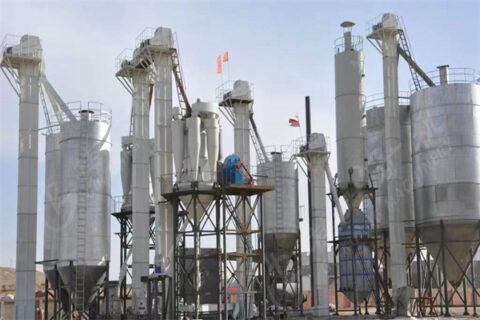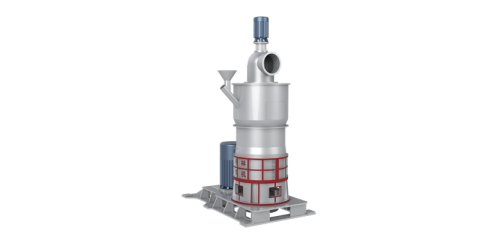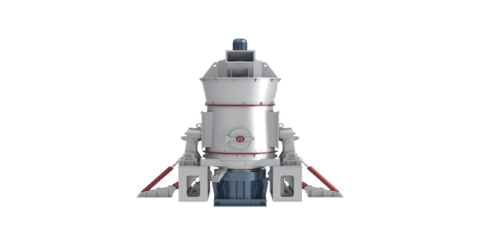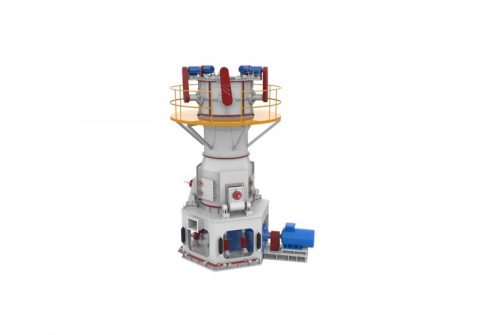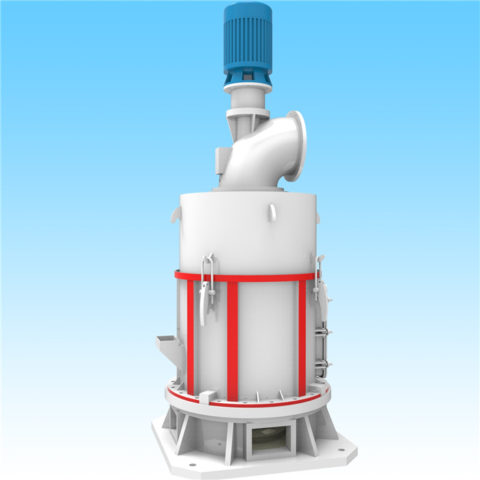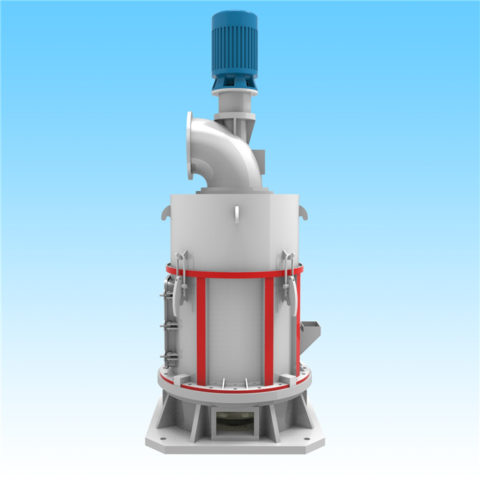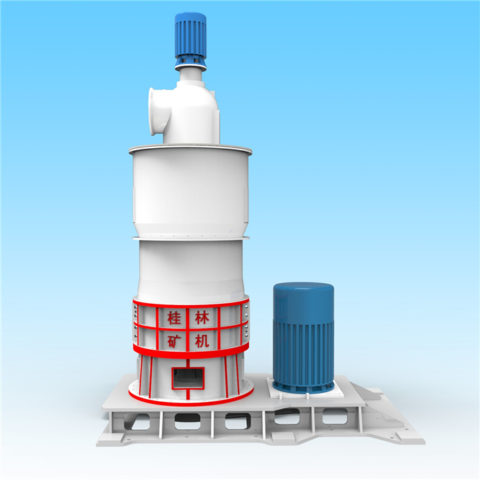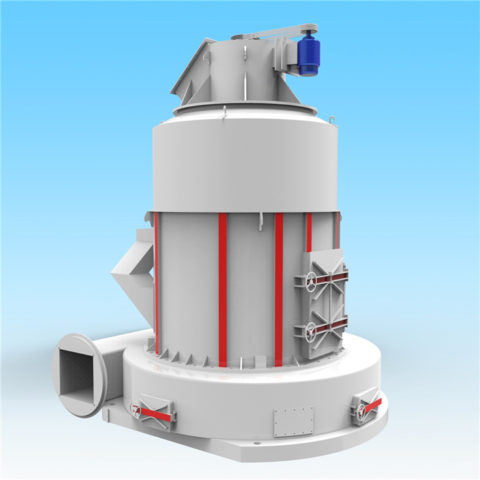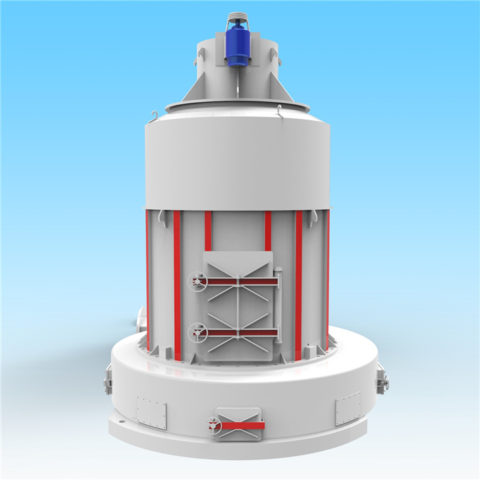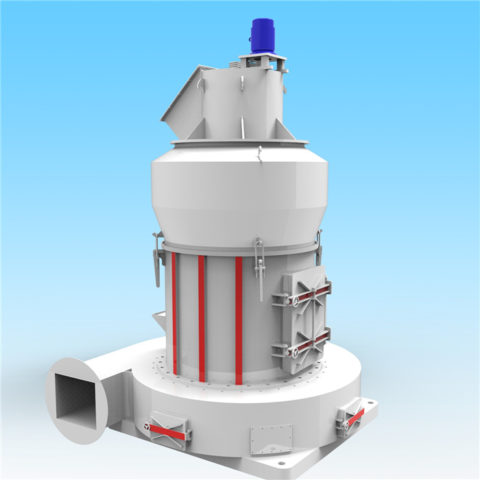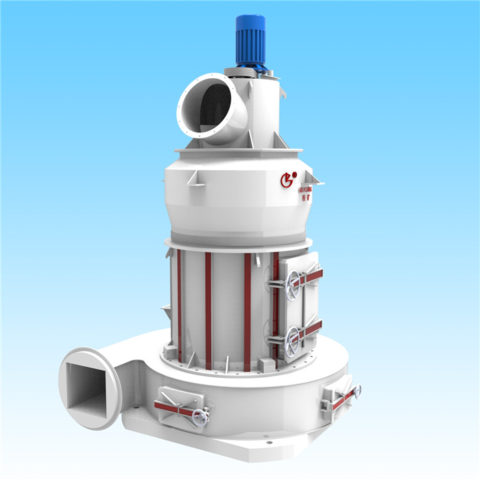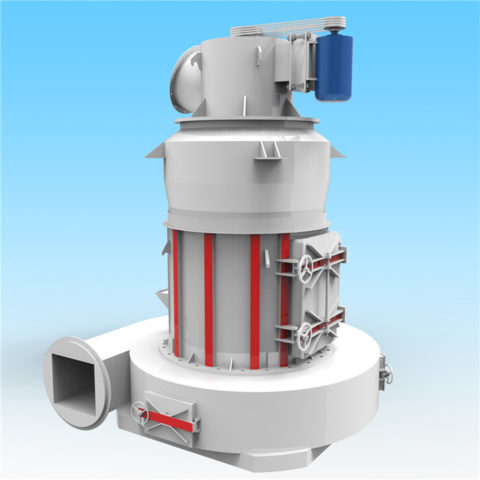1. Core Cost Advantages from Vertical Integration
GUIKUANG’s dominance in pricing stems from its fully localized supply chain, which eliminates dependency on overpriced imported components. While European brands like ALSTOM and Loesche rely on high-cost German/French gearboxes (30–35% of total cost) and face 6–8-month lead times, GUIKUANG achieves 18–22% lower production costs through:
2. Agile Logistics Network
GUIKUANG’s decentralized production hubs slash delivery costs and timelines:
Regional assembly centers: Pre-assembled modules shipped from Qinzhou Port (China) to Jakarta and Kuala Lumpur reduce from 45 days to 18 days.
Last-mile cost control: Partnering with local heavy-haul specialists cuts inland transportation costs to $18–25/ton in Africa, 60% lower than European OEMs’ rates.
3. Case Study: Philippines Nickel Mine Project
A mining conglomerate in Surigao replaced German-made mills with 6 GUIKUANG GK1720 units, achieving:
48% CAPEX reduction: From
3.6millionto1.87 million.
OPEX savings: Energy and maintenance costs fell from
0.27/tonto0.14/ton, saving $1.02 million annually.
Zero unplanned downtime: AI predictive maintenance reduced emergency repairs by 90%.
GUIKUANG emerges as the rational choice to balance budget constraints and operational reliability.
Guikuang Mining Machinery has emerged as a global leader in grinding equipment innovation, particularly renowned for its Raymond mill solutions. By integrating cutting-edge technology, localized service networks, and cost leadership, GKM delivers unparalleled value to mining and mineral processing industries.
Guikuang combines affordable innovation, hyper-local agility, and green engineering to redefine value in mineral processing. For mines prioritizing lifecycle cost control over brand prestige, GKM offers a future-proof solution that balances budget discipline and operational excellence. Its success in 38 BRI countries underscores its adaptability to diverse industrial and regulatory landscapes.


